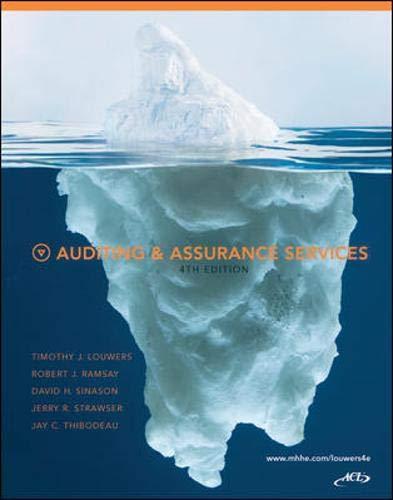















 Same Question Different parts
Same Question Different parts
Required information The Foundational 15 (Algo) [LO5-1, LO5-2, LO5-3, LO5-4, LO5-5] [The following information applies to the questions displayed below.] Clopack Company manufactures one product that goes through one processing department called Mixing. All raw materials are introduced at the start of work in the Mixing Department. The company uses the weighted-average method of process costing. Its Work in Process T-account for the Mixing Department for June follows (all forthcoming questions pertain to June): The June 1 work in process inventory consisted of 5,900 units with $22,770 in materials cost and $20,230 in conversion cost. The June 1 work in process inventory was 100% complete with respect to materials and 60% complete with respect to conversion. During June, 38,400 units were started into production. The June 30 work in process inventory consisted of 9,800 units that were 100% complete with respect to materials and 50% complete with respect to conversion. Foundational 5-1 (Algo) Required: 1. Prepare the journal entries to record the raw materials used in production and the direct labor cost incurred. (If no entry is required for a transaction/event, select "No journal entry required" in the first account field.) Journal entry worksheet Record the raw materials used in production. Note: Enter debits before credits. Journal entry worksheet Note: Enter debits before credits. 2. Prepare the journal entry to record the overhead cost applied to production. (If no entry is required for a transaction/event, select "No journal entry required" in the first account field.) Journal entry worksheet Record the overhead cost applied to production. Note: Enter debits before credits. 3. How many units were completed and transferred to finished goods during the period? 4. Compute the equivalent units of production for materials. 5. Compute the equivalent units of production for conversion. 6. What is the cost of beginning work in process inventory plus the cost added during the period for materials? 7. What is the cost of beginning work in process inventory plus the cost added during the period for conversion? 8. What is the cost per equivalent unit for materials? (Round your answer to 2 decimal places.) 9. What is the cost per equivalent unit for conversion? (Round your answer to 2 decimal places.) 10. What is the cost of ending work in process inventory for materials? (Round your intermediate calculations to 2 places.) 11. What is the cost of ending work in process inventory for conversion? (Round your intermediate calculations to 2 places.) 12. What is the cost of materials transferred to finished goods? (Round your intermediate calculations to 2 places.) 13. What is the amount of conversion cost transferred to finished goods? (Round your intermediate calculations to 2 places.) 14. Prepare the journal entry to record the transfer of costs from Work in Process to Finished Goods. (If no entry is required for a transaction/event, select "No journal entry required" in the first account field.) Journal entry worksheet Record the transfer of costs from Work in Process to Finished Goods. Note: Enter debits before credits. 15-a. What is the total cost to be accounted for? 15-b. What is the total cost accounted for
















 Same Question Different parts
Same Question Different parts 





